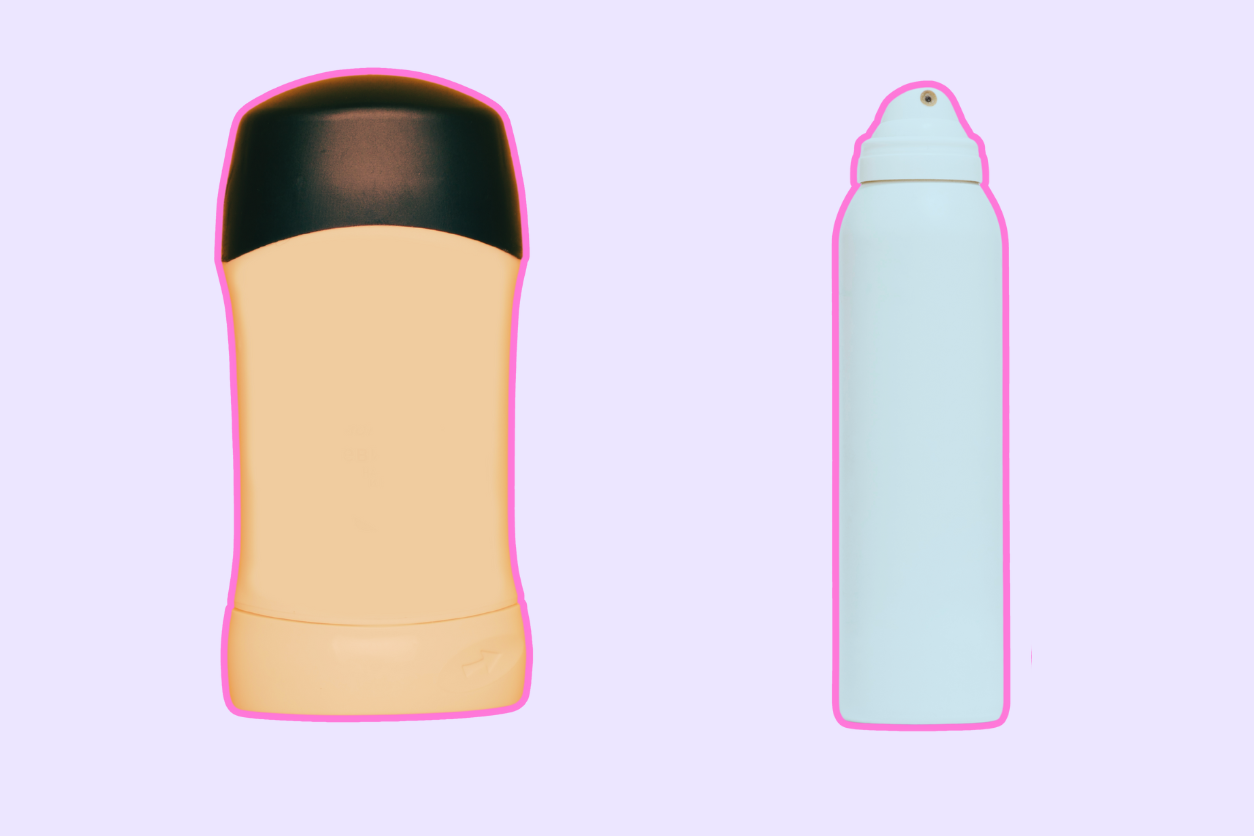Deodorant vs Antiperspirant: What’s the Difference?

When it comes to managing sweat and body odor, there’s often confusion about whether to reach for a deodorant or an antiperspirant. These products are staples in our daily routines, yet many of us don’t fully understand how they work or what sets them apart. The difference between deodorant and antiperspirant is more than just a matter of preference—it’s about what you’re trying to achieve. Whether you’re looking to stop sweat, prevent odor, or a bit of both, knowing the distinction is key to making the right choice for your needs.
The conversation around deodorants and antiperspirants has also been clouded by a lot of marketing jargon and misinformation. Some brands promise to keep you fresh for 72 hours, while others market themselves as “natural” alternatives, free from potentially harmful ingredients. But what does all of this really mean? And more importantly, how do you choose the right product for your specific needs? Let’s break down the basics and get to the bottom of this debate.
Deodorant vs Antiperspirant
At its core, the difference between deodorant and antiperspirant boils down to their primary functions. Deodorants are designed to combat odor. They work by targeting the bacteria on your skin that feed on sweat and produce that unpleasant smell. Deodorants typically contain ingredients like alcohol, fragrance, and sometimes antibacterial agents to mask or neutralize these odors.
Antiperspirants, on the other hand, are formulated to stop sweat in its tracks. They do this through the use of aluminum-based compounds, which temporarily block your sweat glands. By reducing the amount of sweat that reaches the skin’s surface, antiperspirants indirectly help reduce odor, since sweat is what bacteria feed on to produce the smell.
Let’s dive a bit deeper into how these products work. Deodorants primarily focus on the odor-causing bacteria that thrive in warm, moist environments like your armpits. These bacteria break down the proteins in sweat into acids, which is what gives off that characteristic body odor. Deodorants address this by either killing the bacteria or masking the odor with fragrance.
On the flip side, antiperspirants tackle the problem at its source by reducing sweat production. The aluminum compounds in antiperspirants dissolve into the sweat and form a gel-like substance that temporarily plugs the sweat glands. This reduces the amount of sweat that can escape onto the skin, keeping your underarms drier and less prone to developing odor.
Are Natural Deodorants Better?
There’s recently been a surge in popularity for natural deodorants, which often market themselves as safer alternatives to traditional antiperspirants. These products typically avoid aluminum and may use ingredients like baking soda, arrowroot powder, or essential oils to control odor. However, it’s important to approach these products with a critical eye.
First, the term “natural” is not regulated, so it doesn’t necessarily mean the product is safer or more effective. In fact, some natural deodorants use baking soda, which is alkaline and can disrupt the skin’s natural pH, leading to irritation, especially in sensitive areas like the underarms. Essential oils, while appealing for their scent, can also be irritating and cause allergic reactions in some people. If you’re looking for a natural deodorant, especially for sensitive skin down there, check out this article on vaginal odor and what types of feminine sprays are best.
Are Antiperspirants Safe?
A common concern many people have when choosing between deodorant vs antiperspirant is safety, particularly with regard to the aluminum in antiperspirants. There’s been a lot of debate over whether aluminum-based compounds are linked to health issues like breast cancer or Alzheimer’s disease. However, extensive research, including studies from the European Union and other health organizations, has consistently found that the amount of aluminum absorbed through the skin is minimal and not harmful.
In fact, a 2001 study found that only 0.012% percent of aluminum from antiperspirants is absorbed into the body—far less than what we get from daily food sources. So, while it’s understandable to be cautious, the scientific consensus is that antiperspirants are safe to use.
If you’re someone who sweats a lot or experiences sweat-related discomfort, an antiperspirant might be the better option. It can help you stay dry and comfortable, especially in situations where excessive sweating could be a concern. But if you’re more concerned about odor than wetness, a deodorant might be all you need. Deodorants are generally milder on the skin, especially if you opt for formulas without alcohol or fragrance, which can sometimes cause irritation.
Building a Stronger You
Supplement Institute is the fruit of extensive online publishing experience, spanning the breadth of SEO strategies to the nuances of paid advertisements. Our journey, marked by significant achievements and learning moments, inspires our core mission: to empower our readers with an abundance of information. By sharing insights and key learnings, we aim to provide you with the knowledge needed to navigate the complex world of supplements, helping you make well-informed decisions for your health and well-being. Welcome to Supplement Institute, where information is your greatest supplement.